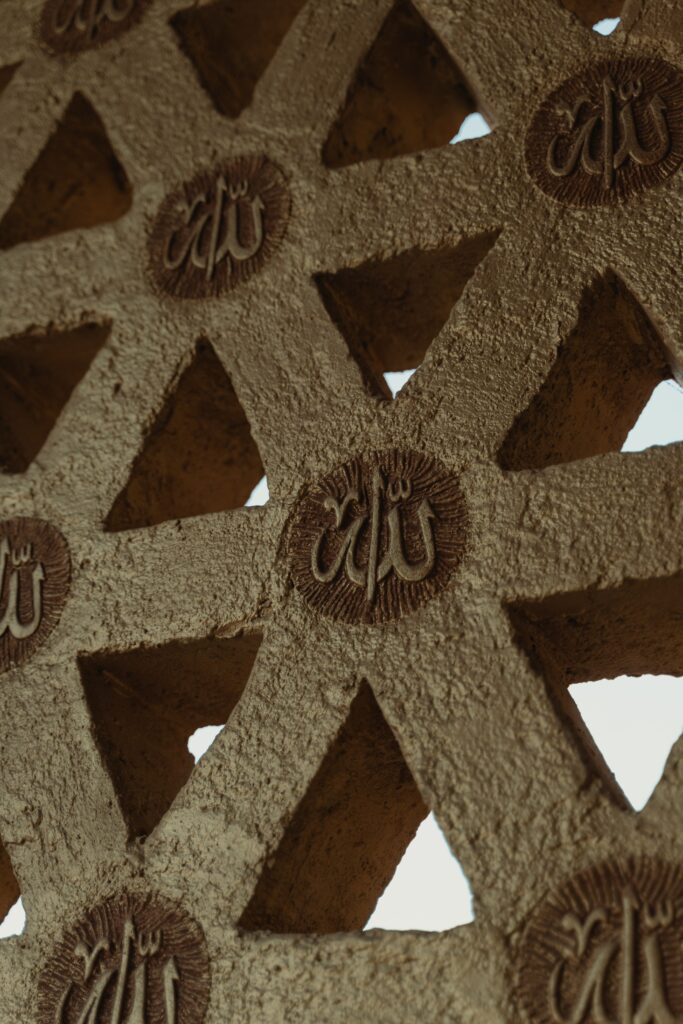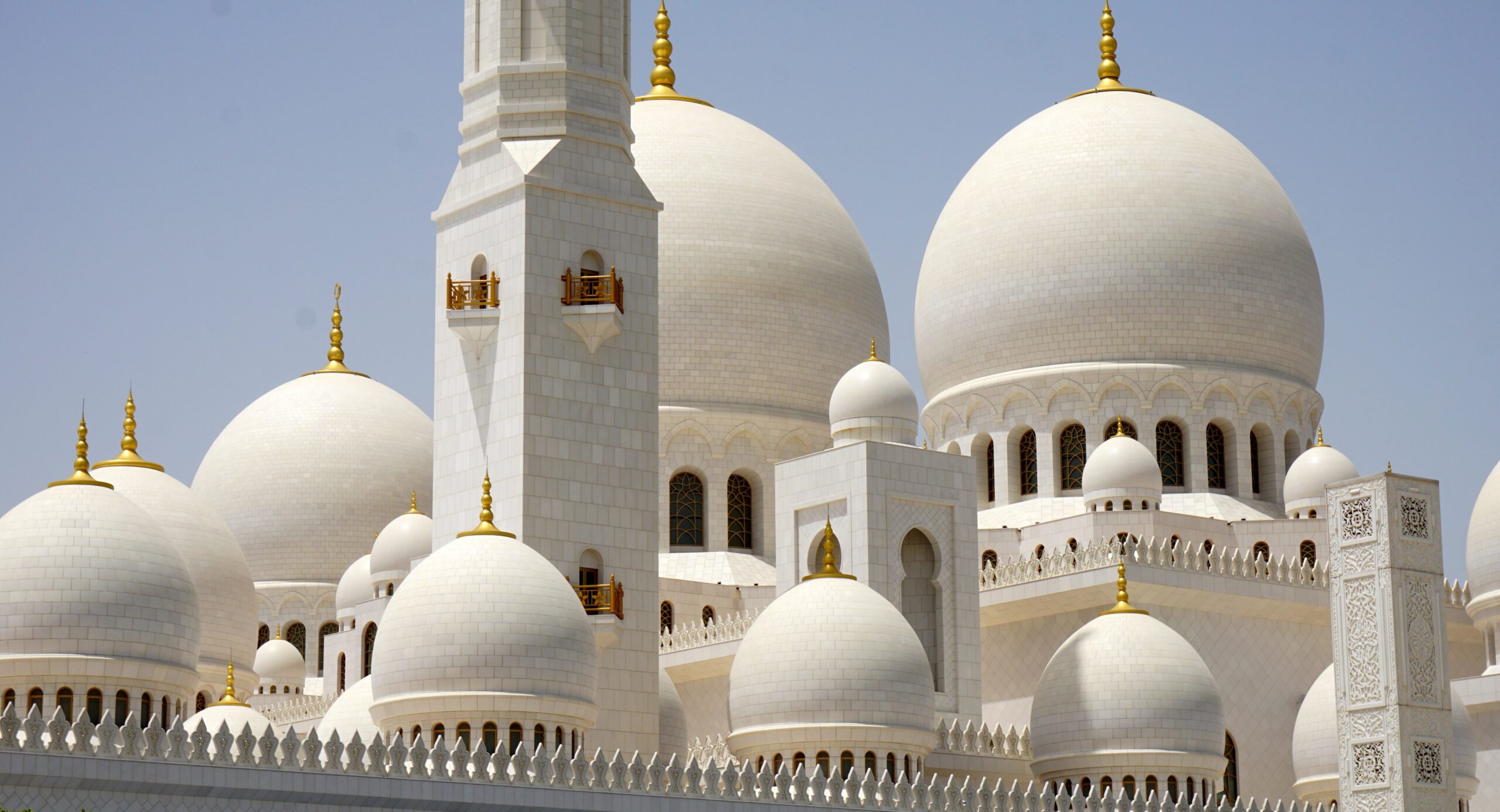In the name of Allah, the Gracious, the Merciful, today we will learn about the Muslim calendar months, events, and Somali months
All praise is due to Allah. We praise Him, we seek His help, we seek His forgiveness, and we seek refuge in Allah from
the evil within ourselves and our evil deeds. Whoever Allah guides, there is none to misguide him.
Whoever Allah leads astray, there is none to guide him. I testify there is no God but Allah alone, without any partners,
and that Muhammad, peace, and blessings be upon him, is His servant and His messenger.
History At a Glance.
The Arabs who lived in the Arabian Peninsula adopted the tribal system. Some of these tribes settled in some places
that formed the civilized cities at the time, like those in Hejaz, Yemen, and Oman.
The Arabs adopted the Lunar System. They mostly depended on the moon for determining the months of the year.
However, they had no calendar. They named the years after some great events that happened during those years.
Read more here
The Arabs used to have different names for the months until the time of the fifth grandfather of Prophet Mohammad
about 150 years before the Prophet’s time. He gathered the major tribal figures in Mecca during the pilgrimage
season to discuss the matter of choosing names for the months. The names of the Arabic months that we know today
date back to that time.
The Second Muslim Caliphate Omar Bin Al-Khattab was the one who set the Islamic Hijri Calendar starting its first year
from the Year of Hijrah (Immigration of the Prophet Muhammad from Mecca to Al-Madinah). However, the names of
the months remained the same.

Muharram
It’s the first month in the Muslim calendar. The Arabic word Muharram means ‘forbidden’.
This is so because battles and all kinds of fighting were forbidden (ḥarām) during this month.
The Prophet (SAW) has said: ‘The best fasts after the fasts of Ramadhan are those of the month of Muharram.’
According to Ibn Abbas (RA), when the Prophet migrated to Madinah, he found that the Jews fasted on the 10th day of this month.
On this day Prophet Musa (AS) and his followers crossed the Red Sea and Pharoah was drowned while chasing them.
When he had this, the Prophet (SAW) said:
‘We are more closely related to Musa than you’ and directed the Muslims to fast on the day of Ashura’.
In another hadith, it is more advisable to fast one day before or one day after the 10th as well.
Safar.
This is the second month of the Muslim calendar the Arabic word Safr means ‘void’ (empty).
In the pre-Islamic Arab, the houses were empty in search of gathering food
Rabi’ al-awwal (Rabi’ I).
This is the third-month Muslim calendar. Can be translated into English as ‘the first of spring’ it also means to graze because cattle were grazed during this month.
Event; Prophet Muhammad’s peace be upon him was also borne 12th of this month.
Rabi’ al-thani (Rabi’ II).
This is the fourth-month Muslim calendar. Others call it rabi akhir which means the end of spring.
Jumada al-awwal (Jumad.
This is the fifth Islamic month. The equivalent English meaning is ‘the first of parched land’.
It is considered in the pre-Islamic summer, Jumāda is also be related to a verb meaning “to freeze”
and another account relates that water would freeze during this time of year.
Somalis call it Maajo
Jumada Al-Thani
This is the sixth-month Muslim calendar and the second month of parched land.
Rajab
This is the seventh Islamic month. The Arabic word ‘Rajab’ means ‘respect or honor’.
It’s among the sacred months fighting is prohibited.
Events: Isra Wal Miraj took place on the 27th of this month.
Sha’aban
This is the eighth Islamic month; the word ‘Sha’aban’ means ‘scattered’. During this month the Arab disperse to find
water for their cattle.
Sha‘bān may also be related to a verb meaning “to be in between two things”.
Mu’adh ibn Jabal (RA) reported: The Prophet (SAW), said, “Allah looks down at his creation on the middle night of
Sha’baan and he forgives all of his creatures, except for an idolater or one harboring hatred.” (Ibn HIbban).
The monthlies between Rajab and Ramadan.
Events; 15th of this month is the Night of forgiveness.
Ramadan
This is the ninth Islamic month which is the most popular month and which virtually every non-Muslim knows.
Supposedly so-called because of high temperatures caused by the sun’s excessive heat, Ramadan is the most
venerated month of the Hijri calendar.
Salman (RA) narrates that the Prophet (SAW) delivered a sermon on the last day of Sha’baan saying: ‘The Prophet said,
“O, people! A great and blessed month has arrived for you. A month in which there is a night which is better than one thousand months.
Fasting during this month is an obligation, and the extra prayers during its nights are voluntary.
Anyone who comes closer to Allah through a good deed during this month is as if he performed an obligatory duty during
times other than Ramadhan, and he who fulfills an obligatory duty in it will be like one who fulfills seventy obligatory
duties in another month.
It is the month of patience, and the reward of patience is Paradise.
It’s the month of visiting the poor, the sick, and the needy to share their sorrows and the month where the nourishment,
the sustenance, and the income of the believing Muslim increase, and they are blessed.
Anyone who invites others to break their fast at Iftar will be provided with forgiveness of his sins and be saved from
hellfire and will receive a reward equal to the fasting person without reducing his own reward in any respect.
According to the Tafseer (commentary) of ibn Kathir, he mentions a report of the Prophet (SAW) saying:
‘The Suhuf (pages) of Ibrahim; first night of Ramadhan.
The Torah; the sixth night of Ramadhan.
The Injil (Gospels); revealed the thirteenth night of Ramadhan. Allah revealed the Quran on the twenty-fourth night of
Ramadhan’.
Shawwal
This is the tenth Islamic month. The Arabic word ‘Shawwal’ means ‘raised’.
She-camels would normally be in calf at this time of year and raise their tails.
Event; 1st of this month it’s eid ul Fitr.
Dhul Qa’dah
This is the eleventh month on the Islamic calendar. The Arabic words ‘Dhul Qa’dah’ means ‘the one of truce/sitting’.
This is a holy month that war, banned. People however allowed to defend themselves if attacked.
Events: The Battle of Khandaq (trench) or Ahzab took place in 5AH. Also, the Truce of Hudaybiah occurred in this month
of 6AH. The Return to Makkah for the performance of Umrah by the Prophet (SAW) and his Companions was in 7AH.
Dhul Hijjah
This is the twelfth and last month on the Islamic calendar. The Arabic word ‘Dhul Hijjah’ means ‘the one for pilgrimage’.
I wrote on the benefits of this month read here
Abu Hurairah (RA) reports the Prophet (SAW) said: ‘Amongst all days there are none better to engage in sole worship of
Allah than in the ten days of Dhul Hijjah.
To observe a fast on any of these days is equivalent to fasting throughout the year. Throughout any of these nights, to
actively engage in prayer and worship hold such rewarding values leveling with the ‘Night of Power’.
During this month Muslim pilgrims from all around the world congregate at Mecca to visit the Kaabah.
The Hajj; performed on the eighth, ninth, and tenth of this month.
Day of Arafah takes place on the ninth of the month. Eid al-Adha, the “Festival of Sacrifice”, begins on the tenth day
and ends at sunset on the twelfth, and during which war was banned.
Events: The Prophet (SAW) performed the farewell Hajj and gave the historic sermon known as the ‘Farewell Sermon’.
Uthman (RA); appointed the third Caliph this month.
Both Umar (RA) and Uthman (RA); martyred in this month in different years.
Holy Months In Muslim Calendar Months
These holy months are mentioned in the Quran: “Verily, the number of months with Allah is twelve months (in a year),
so was it ordained by Allah on the Day when He created the heavens and the earth; of them four are sacred. That is the
right religion, so wrong not yourselves therein, and fight against the Mushrikin (idolaters) collectively as they fight
against you collectively. But know that Allah is with those who have Taqwa”. (Quran 9:36)
Of the verse, “Do not wrong yourselves”, Qatada said: “The injustice in the sacred months is a greater sin and a source
of injustice than in others, although injustice is a great sin anyway, God magnifies what he wants.” He said: “God
chose Safaya from his creation, chose messengers from angels, messengers from people, chose mosques from the
land, chose the months of Ramadan and the sacred months, from months, and chose Friday from the days, and
chose the night of power from the nights.
- Dhul-Qadah
- Dhul-Hijjah
- Muharram
- Rajab
Seasons The Months of the Somali Calendar
Hagaa season (summer) has 13 weeks and 3 months; Karan, Habar-ari, and Diracgood
Deyr season ( autumn) has 13 weeks, 3 months; Deyrweyn, Ximir, and Xays
Jilal season (winter) has 13 weeks, 3 months; Lixkor, Toddob, and Aminla
Gu’ season (spring) has 13 weeks and 3 months; Fushade, Gu’soore, and Samuulad

